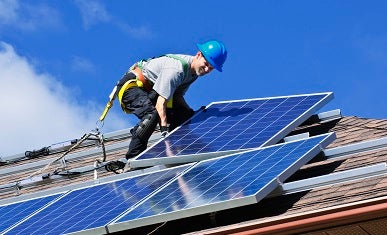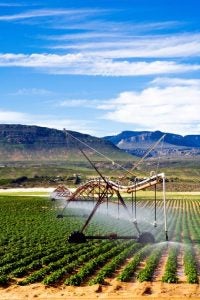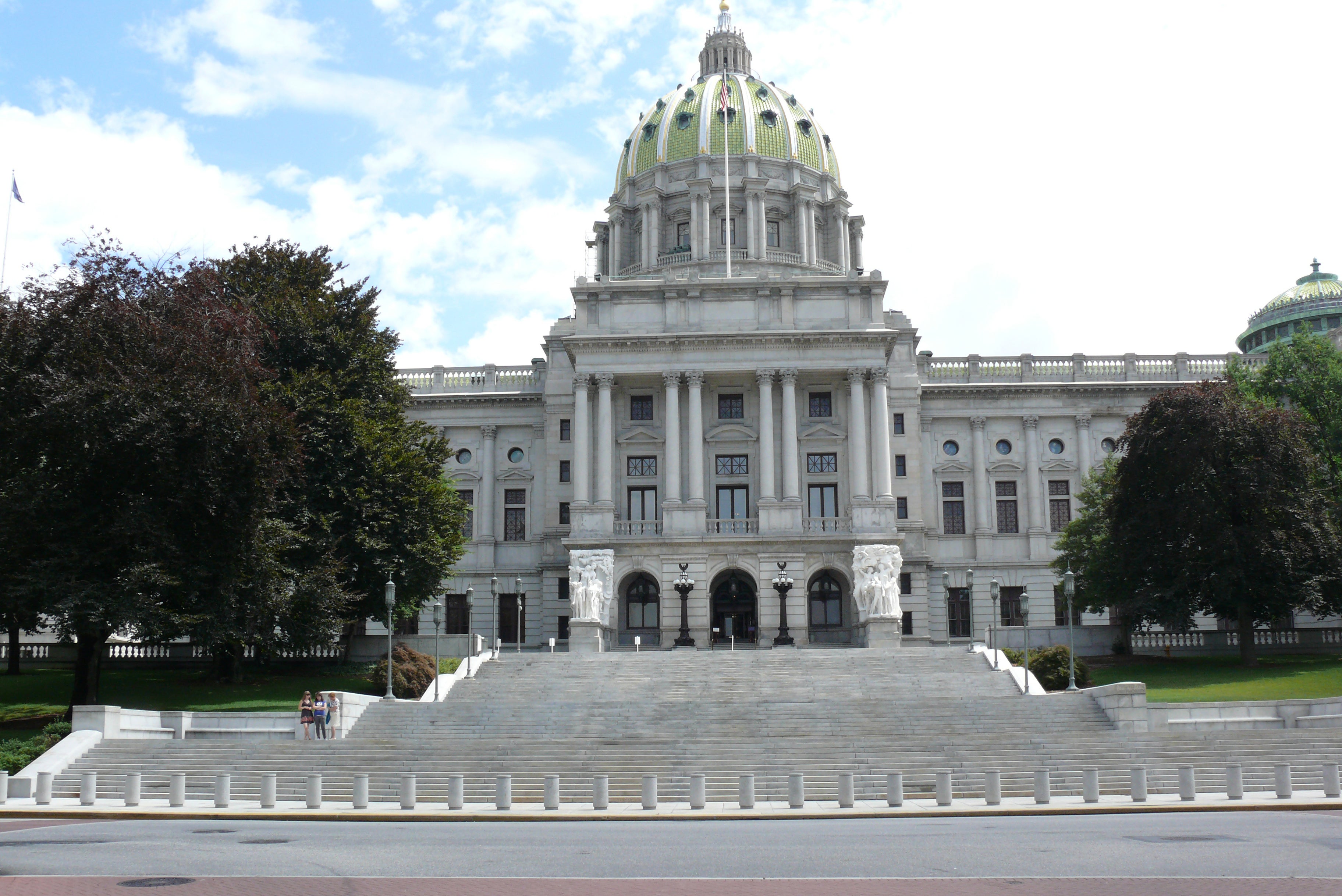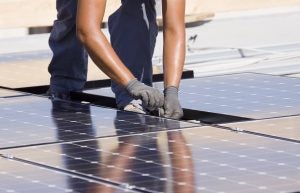 If you work in the solar industry, want to buy solar panels or care about climate change, you may want to pay attention.
If you work in the solar industry, want to buy solar panels or care about climate change, you may want to pay attention.
Two floundering solar manufacturers, with no concerns but their corporate bottom line, are about to pull the rug from under one of America’s fastest-growing industries and tens of thousands of well-paid jobs.
The manufacturers petitioned the U.S International Trade Commission this spring to take action against foreign competitors, claiming overseas rivals export products to America’s solar market at prices they can’t match. This at a time when the United States solar industry as a whole is booming.
In a decision that shook the industry and a host of free-trade advocates, ITC agreed with these single two petitioners and it’s now up to President Trump to decide whether to retaliate with an import tariff or other punitive options.
There’s a good chance he will – and this would be really bad news for American solar companies and consumers alike. Read More












 The U.S. electricity industry is experiencing unprecedented innovation and change. The grid is getting smarter and customers can play a more active role in how their electricity is made, moved, and used. Between all the initiatives that utilities, cities, and states are pursuing and the new services and products that entrepreneurs are creating, it can be difficult to keep up.
The U.S. electricity industry is experiencing unprecedented innovation and change. The grid is getting smarter and customers can play a more active role in how their electricity is made, moved, and used. Between all the initiatives that utilities, cities, and states are pursuing and the new services and products that entrepreneurs are creating, it can be difficult to keep up.
 By Tyler Fitch, 2017 EDF Climate Corps Fellow
By Tyler Fitch, 2017 EDF Climate Corps Fellow